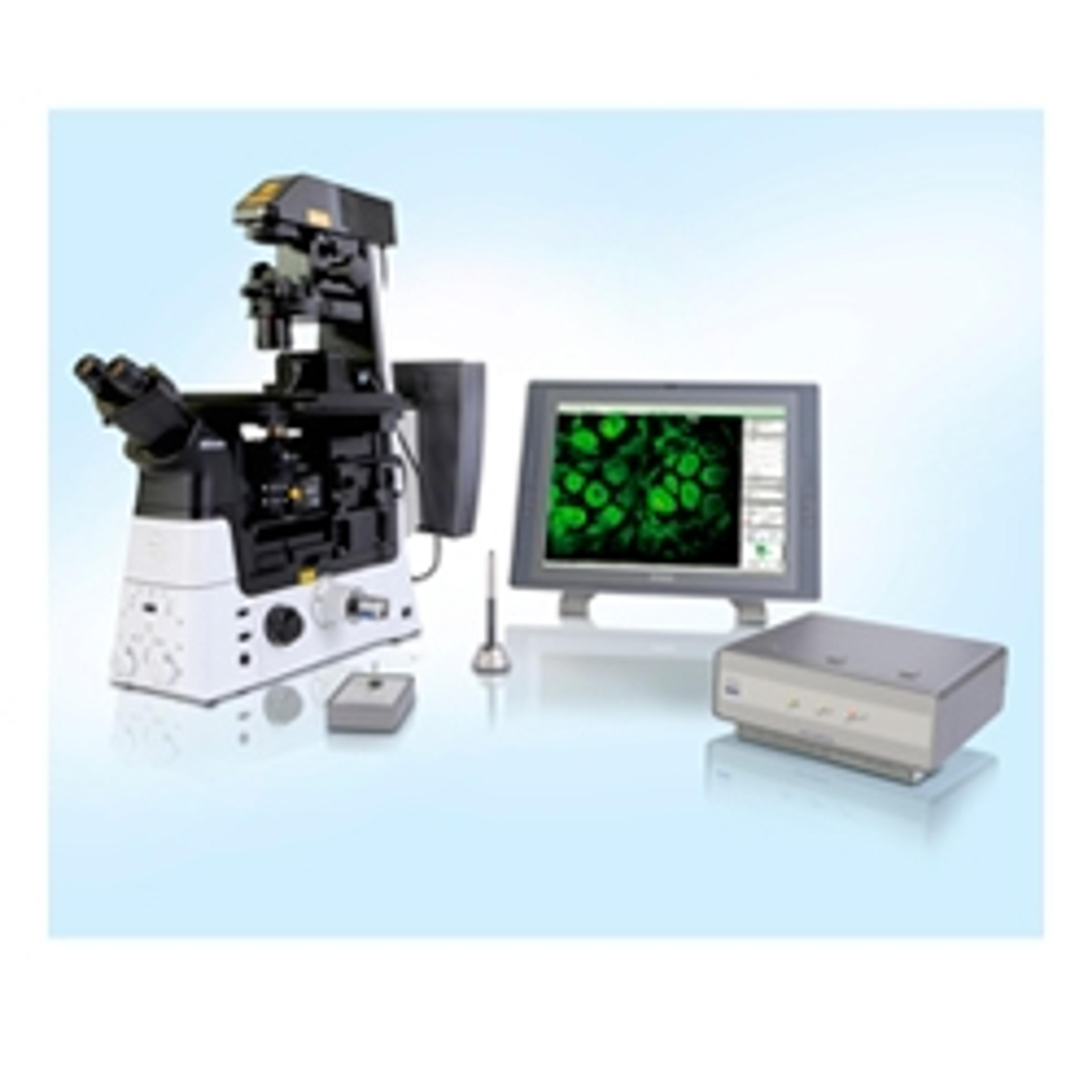Stress disrupts reward in mice: insights into neurocircuits and molecular targets in psychiatry
Reduced sensitivity to reward is common in stress-related neuropsychiatric disorders, including symptoms such as anhedonia and apathy in depression and schizophrenia, for example. Animal models are essential to increase understanding of the underlying neurobiology.
In this webinar, Professor Christopher Pryce, Professor of Neurobiology and Biological Psychiatry at the University of Zurich, will explore the effects of chronic stress on reward behavior and associated activity in the glutamate neuron pathway from basal amygdala to nucleus accumbens (BA-NAc). Furthermore, he will discuss the importance of molecular tools, in particular laser capture microdissection for the identification and collection of BA-NAc neuron populations for RNA-sequencing.
Additionally, he will explain how further research, focused on specific subpopulations of BA-NAc neurons, may lead to identifying potential targets for novel treatments of reward-related pathologies in neuropsychiatric disorders.
Key learning objectives
- Learn about stress effects on reward behavior and BA-NAc neural pathway activity in mice
- Explore the process of replicating stress effects on reward by manipulating the activity of BA-NAc neurons
- Understand the importance of laser capture microdissection to study specific neuronal populations
- Learn about RNA-sequencing with LCM-collected neurons
Who should attend?
- Researchers interested in vivo-ex vivo questions in behavioural neurobiology
- Researchers interested in studying -omics in specific (brain) cell populations
Certificate of attendance
All webinar participants can request a certificate of attendance, including a learning outcomes summary, for continuing education purposes.
Speakers



